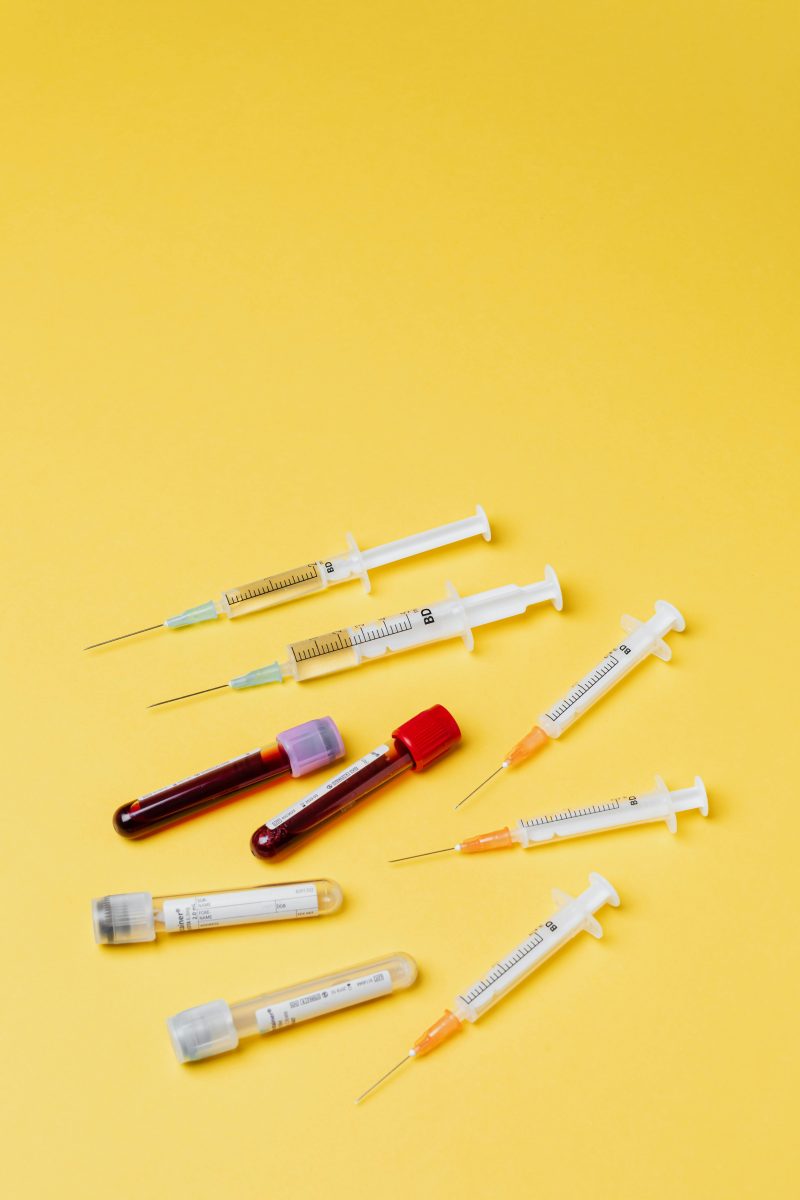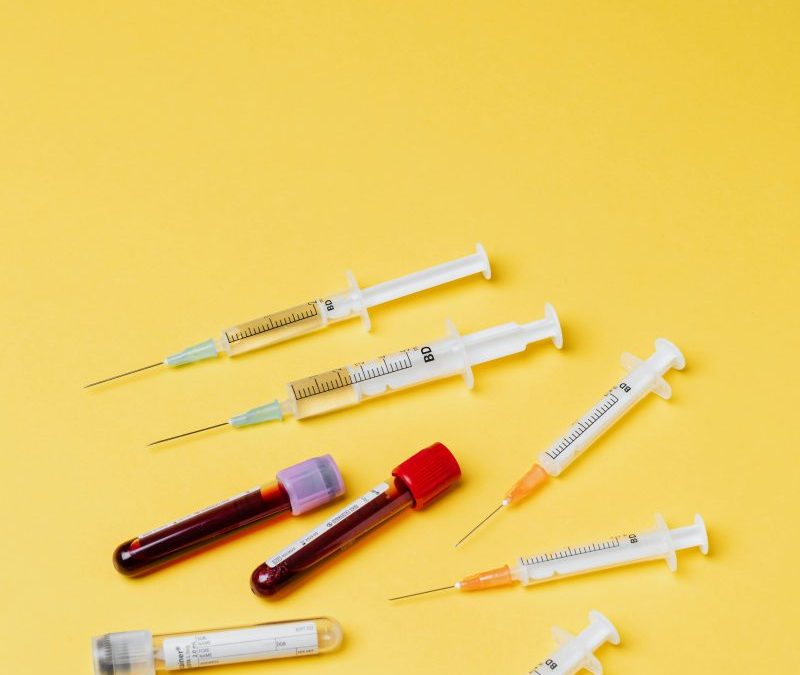Last Updated on: 14th July 2024, 09:38 am
Introduction to Recovery Nutrition

Recovery is the unsung hero of endurance training. It’s the silent partner that works behind the scenes, allowing athletes to bounce back stronger after grueling workouts. Without proper recovery, progress stalls, and the risk of injury skyrockets. This is where recovery nutrition steps into the spotlight, offering a lifeline to tired muscles and depleted energy stores.
- Proteins rebuild damaged muscle fibers
- Carbohydrates replenish energy reserves
- Fats support overall health
- Vitamins and Minerals facilitate repair and growth processes
- Hydration ensures smooth transportation of nutrients
Understanding the importance of these nutrients is the first step towards optimizing recovery. With the right fuel, the body can repair itself more efficiently, paving the way for improved performance in subsequent training sessions. Thus, integrating strategic nutrition into recovery routines is not just beneficial; it’s essential for endurance athletes aiming for the top.
The Role of Carbohydrates in Recovery

Carbohydrates are the cornerstone of recovery nutrition. They serve the critical function of replenishing glycogen stores, the body’s primary fuel source during high-intensity and endurance activities. When these stores are depleted, fatigue sets in, and performance dips. Thus, post-workout, it’s imperative to refuel with carbohydrates to restore glycogen levels, kickstarting the recovery process.
- Whole grains, fruits, and starchy vegetables are excellent carbohydrate sources
- Bananas are not just high in carbohydrates; they’re also packed with potassium
Timing of carbohydrate intake is equally crucial. Consuming carbohydrates within 30 minutes to an hour post-exercise maximizes glycogen synthesis. This window is when muscles are most receptive to glucose uptake. A carbohydrate-rich snack or meal during this period ensures that recovery begins on the right foot, setting the stage for effective muscle repair and energy restoration.
Incorporating the right carbohydrates at the right time can significantly enhance recovery, making it a pivotal aspect of nutrition for endurance athletes. By prioritizing glycogen replenishment, selecting nutrient-dense carbohydrate sources, and timing intake strategically, athletes can ensure they’re providing their bodies with the fuel needed to recover, rebuild, and prepare for the next challenge.
The Importance of Protein in Recovery

Protein’s Role in Muscle Repair and Growth
Protein is the building block of muscle tissue, playing a crucial role in both repair and growth. After enduring the stress of endurance training, muscles are eager for repair. Protein steps in, providing the essential amino acids needed to rebuild muscle fibers, making them stronger and more resilient. This process is not just about recovery; it’s about evolution, preparing your body for the next challenge.
High-Quality Protein Sources
- Lean meats, fish, dairy, eggs offer a complete amino acid profile
- Legumes and quinoa are great plant-based options
Combining Protein with Carbohydrates for Optimal Recovery
While protein is vital, it’s most effective when paired with carbohydrates. This dynamic duo works together to accelerate recovery. Carbohydrates replenish glycogen stores, while protein rebuilds muscle tissue. Consuming a snack or meal that combines both, within the golden window of 30 minutes to an hour post-workout, maximizes recovery. This strategy not only kickstarts the repair process but also ensures you’re ready and energized for your next training session.
Understanding the importance of protein in recovery is key to optimizing your endurance training results. By focusing on high-quality protein sources and combining them with carbohydrates, you can ensure your body has what it needs to repair, grow, and thrive. This approach to nutrition underscores the importance of a well-rounded diet in achieving peak performance and health.
Hydration and Electrolyte Balance in Recovery

Dehydration can significantly impede recovery, slowing down the repair of muscle tissues and the replenishment of energy stores. A well-hydrated body ensures nutrients are efficiently transported to where they’re needed most, facilitating quicker and more effective recovery.
- Electrolytes like sodium, potassium, magnesium, and calcium regulate fluid balance and muscle functions
- Electrolyte-rich foods include bananas, dairy products, and leafy greens
- Electrolyte replacement drinks can be beneficial for intense training sessions
To stay hydrated and maintain electrolyte balance, start by drinking water throughout the day, not just during workouts. Monitoring the color of your urine is a practical way to gauge hydration levels; aim for a light straw color. Finally, listen to your body. Thirst is an early sign of dehydration, so don’t wait until you’re parched to drink up.
Adopting these strategies ensures your body is well-equipped for recovery, setting the stage for enhanced performance and reduced risk of injury. Remember, hydration and electrolyte balance are as crucial as the food you eat in the recovery process. By giving them the attention they deserve, you’re investing in your body’s ability to bounce back stronger and more resilient after every workout.
Fats in the Recovery Process

Healthy fats play a pivotal role in the recovery process, particularly in managing inflammation and facilitating recovery. These fats, unlike their saturated counterparts, offer anti-inflammatory properties that help soothe and repair muscles after intense endurance training. By reducing inflammation, they not only accelerate the recovery process but also protect the body against chronic injuries, making them indispensable in an athlete’s diet.
Sources of beneficial fats are abundant and varied, ensuring that athletes can easily incorporate them into their recovery nutrition plan. Avocados, nuts, seeds, and fatty fish like salmon are rich in omega-3 fatty acids, known for their anti-inflammatory effects. Olive oil, another excellent source, provides monounsaturated fats that support heart health and overall well-being. Integrating these foods into post-workout meals not only aids in recovery but also contributes to a balanced and nutritious diet.
Balancing fat intake with other nutrients is crucial for optimal recovery. While fats are essential, they should be consumed in moderation, alongside proteins and carbohydrates, to ensure a well-rounded diet. A post-workout meal that combines a lean protein source, a complex carbohydrate, and a healthy fat offers a synergistic blend of nutrients that work together to repair muscles, replenish energy stores, and reduce inflammation. This balanced approach to nutrition supports not just recovery, but also the overall health and performance of endurance athletes.
Embracing healthy fats as part of recovery nutrition is a game-changer for endurance athletes. By carefully selecting sources of beneficial fats and balancing their intake with other key nutrients, athletes can significantly enhance their recovery process, paving the way for improved performance and reduced risk of injury. Remember, the right nutrition is just as important as the training itself in achieving peak athletic performance.
Recovery Foods and Supplements: Whole Foods vs. Supplements

When it comes to recovery, whole foods often have the upper hand. They provide a complex array of nutrients that work synergistically to heal the body. For instance, a sweet potato is not only rich in carbohydrates but also brims with vitamins A and C, which aid in immune function and recovery. However, supplements can play a strategic role when convenience or dietary restrictions come into play.
Recommended Supplements for Endurance Athletes
- Branched-chain amino acids (BCAAs) support muscle repair.
- Omega-3 supplements can help reduce inflammation.
- Creatine, though commonly associated with strength training, can also aid endurance athletes by improving recovery and increasing muscle energy reserves.
Precautions and Considerations When Choosing Supplements
While supplements can be beneficial, they should be chosen with care. Quality is paramount; look for third-party tested products to ensure purity and potency. It’s also crucial to consider the timing of intake to maximize benefits. For example, taking protein supplements immediately after training can kickstart muscle repair. Lastly, always consult with a healthcare professional before starting any supplement regimen, as they can interact with medications and may not be suitable for everyone.
Ultimately, a balanced diet rich in whole foods should be the foundation of an athlete’s nutrition plan. Supplements can complement this diet but should never replace real food. By thoughtfully selecting and timing the use of supplements, athletes can optimize their recovery and performance.
Putting It All Together: Sample Recovery Meals and Snacks

Designing effective recovery meals is an art that balances nutrition science with practicality. The goal is to refuel, rebuild, and rehydrate. This means incorporating a mix of carbohydrates, proteins, and healthy fats, alongside fluids and electrolytes. The timing of these meals and snacks is also critical, ideally within the 30-minute to one-hour post-exercise window, to take advantage of the body’s heightened ability to absorb and utilize these nutrients.
For endurance athletes, the recovery meal is not just a routine; it’s a crucial part of training. A well-crafted recovery meal kickstarts the repair process, replenishes energy stores, and reduces muscle soreness, setting the stage for the next training session. Here are examples of recovery meals and snacks that combine these principles effectively:
Recovery Meals
- A grilled chicken breast with quinoa and roasted vegetables offers a perfect blend of lean protein, complex carbohydrates, and micronutrients.
- Another excellent option is a salmon fillet with sweet potato and a side salad, providing omega-3 fatty acids, beta-carotene, and fiber.
Recovery Snacks
- For those needing a quick fix, a smoothie made with Greek yogurt, berries, and a banana can deliver a rapid dose of protein and easily digestible carbohydrates.
- A peanut butter and jelly sandwich on whole-grain bread is another classic, offering a satisfying mix of protein, healthy fats, and simple and complex carbohydrates.
Remember, the key to effective recovery nutrition is not just what you eat but when you eat it. By timing your recovery meals and snacks strategically, you ensure your body has the necessary building blocks to repair and grow stronger. This approach, when integrated into a comprehensive training and nutrition plan, can significantly enhance performance and overall health.
In Closing
Nutrition fuels recovery and performance. It’s the foundation of resilience in endurance training. By embracing a balanced diet rich in carbohydrates, proteins, and healthy fats, athletes can significantly enhance their recovery process. This comprehensive approach, integrating hydration and strategic supplementation, ensures the body is primed for repair and growth. Let this be a call to action for endurance athletes to prioritize recovery nutrition, paving the way for improved performance and sustained health.
Effective Recovery Foods for Endurance Training FAQs
Yes, quinoa, tofu, lentils, and chickpeas are excellent vegan sources of protein and carbohydrates for recovery. These foods not only provide the necessary macronutrients for muscle repair and glycogen replenishment but also offer a range of vitamins and minerals essential for overall health. Including a variety of these plant-based options can ensure a comprehensive recovery after endurance workouts.
Hydration is a key component of recovery, as it helps replace fluids lost through sweat and supports metabolic functions essential for muscle repair. Water, along with electrolyte-rich drinks like coconut water or sports drinks, can replenish lost fluids and electrolytes. Ensuring adequate hydration before, during, and after endurance training is critical for effective recovery and overall performance.
Supplements such as branched-chain amino acids (BCAAs), omega-3 fatty acids, and protein powders can support recovery from endurance training. These supplements can help reduce muscle soreness, decrease recovery time, and provide convenient sources of essential nutrients. However, it’s important to prioritize whole foods for recovery and use supplements to fill in nutritional gaps or meet specific needs.
Antioxidants are crucial for recovery as they help combat oxidative stress and inflammation caused by intense endurance training. Foods rich in antioxidants, such as berries, dark leafy greens, and nuts, can aid in reducing muscle soreness and improving recovery times. Regularly incorporating these foods into your diet can enhance your body’s ability to recover and adapt to training.
Consuming whole grains, fruits, and starchy vegetables are effective ways to ensure adequate carbohydrate intake for recovery. These foods provide a sustained source of energy to replenish glycogen stores depleted during endurance activities. Balancing these carbohydrate-rich foods with proteins and fats in post-workout meals can optimize recovery and energy levels.
It’s recommended to eat within 30 to 45 minutes after finishing endurance training to maximize recovery. This time frame takes advantage of the body’s heightened ability to absorb and utilize nutrients for repair and replenishment. A snack or meal rich in carbohydrates and protein during this window can significantly improve recovery outcomes.
Protein is vital for endurance athletes as it aids in the repair of muscle damage and supports muscle protein synthesis. Consuming a source of high-quality protein, such as whey protein, casein, or a plant-based alternative, after training can help in the recovery and strengthening of muscles. Tailoring protein intake based on the intensity and duration of the workout can optimize recovery and performance.
Carbohydrates and proteins are essential for recovery after endurance training, as they help replenish glycogen stores and repair muscle tissues. Foods like sweet potatoes, bananas, rice, chicken, fish, and eggs provide a good balance of these nutrients. Incorporating a variety of these foods into your post-workout meal can speed up recovery and enhance performance.
Meal timing is crucial for recovery as it impacts the efficiency of nutrient absorption and utilization by the body. Eating a balanced meal or snack that includes carbohydrates and proteins shortly after training can significantly enhance recovery processes, including muscle repair and glycogen replenishment. Strategically planning meals around training sessions can improve recovery efficiency and overall athletic performance.
Fats are important for recovery as they support cellular repair and the absorption of fat-soluble vitamins. Foods high in healthy fats, such as avocados, nuts, seeds, and olive oil, can provide the necessary fats without compromising the recovery process. Including moderate amounts of these healthy fats in your recovery meals can aid in inflammation reduction and energy replenishment.
Orlando is a all round athlete from Australia, now resident in Germany. His sports of passion of American Football(Offensive line), weight training and indoor rock climbing where he uses his 195cm wing span to his advantage.



